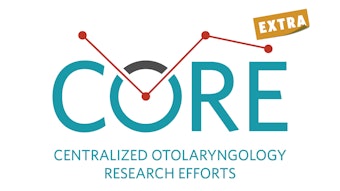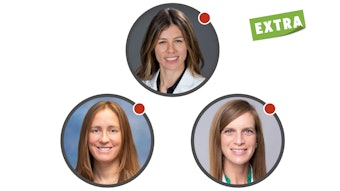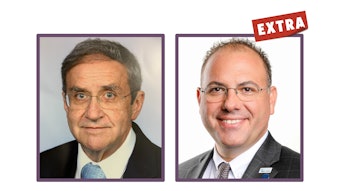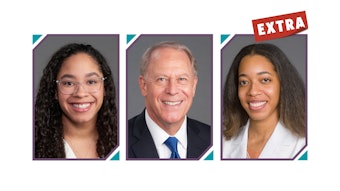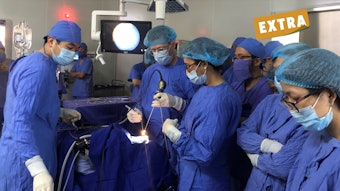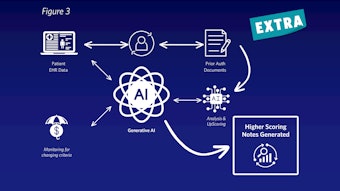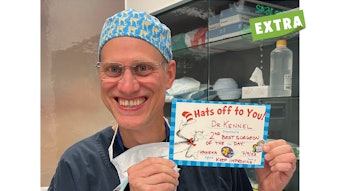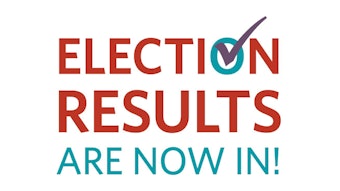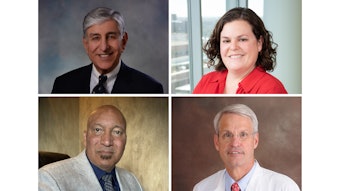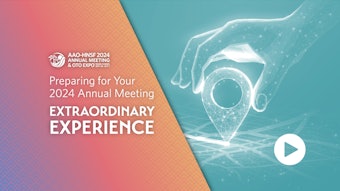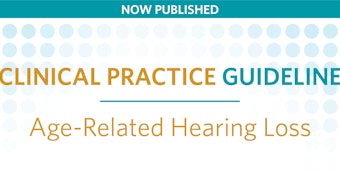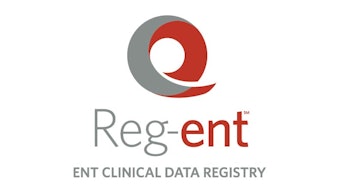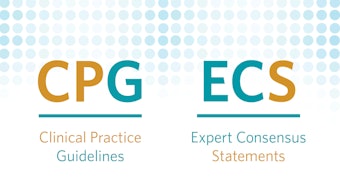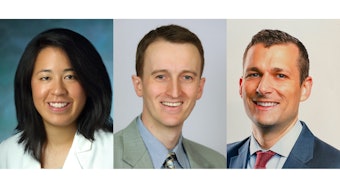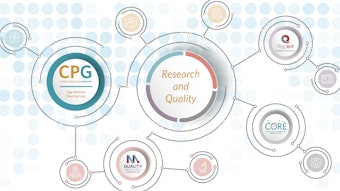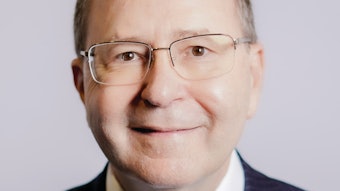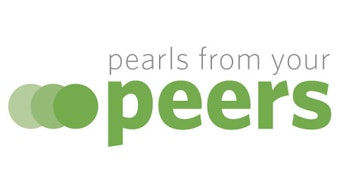Otolaryngologists with Disabilities: An Opportunity for Inclusion
A personal commitment to support and create the necessary space for success for our colleagues with disabilities to thrive in practice and our Academy.
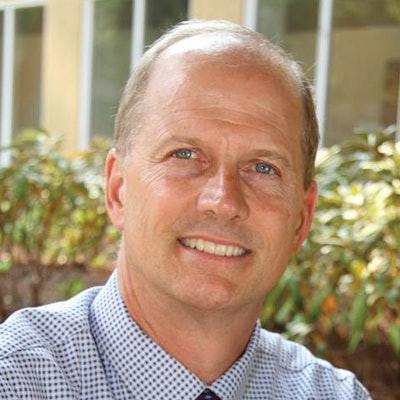 Douglas D. Backous, MD
Douglas D. Backous, MD
AAO-HNS/F President
One such occasion occurred six months ago when I was contacted by an Academy member who has adapted to a disability. They questioned our commitment to assisting doctors with disabilities. This contact with this individual launched a journey for me that is only beginning to define my personal commitment to creating space for success for our colleagues with disabilities to thrive in our Academy.
The best framework to define a disability is the World Health Organization (WHO) model of functioning. A disability is different than a disease. Disability involves having an impairment (a deleterious change in normal structure or function) that leads to activity limitation (difficulty performing a task or action), which in turn induces a participation restriction (a limitation in dealing with life situations).1
According to the August 16, 2018, Centers for Disease Control and Prevention Morbidity and Mortality Weekly Report, one in four adults in the United States has a disability of cognition, mobility, hearing, vision, independent living, or self-care.2
Nouri, et al. published the first systematic report of the prevalence and characteristics of physicians with disabilities. The National Sample Survey of Physicians invited 86,951 qualified physicians to participate in a February 2019 survey that was closed after the needed 6,000 responses were enrolled. The sample was compared to the 2018 American Medical Association Physician Master file and deemed representative of practicing US physicians with a sampling error of 1.3% (95% confidence interval). The study complied with the American Association for Public Opinion Research reporting guidelines. Of the 6,000 respondents, 178 (3.1%) self-identified as having a disability. Many people reporting disabilities were also in other underrepresented groups in medicine, which further amplified their challenges for inclusion.3
After her work on the 2018 Association of American Medical Colleges (AAMC) report on disability in medical education, Lisa M. Meeks, PhD, codeveloped a social media campaign and podcast based in the Family Medicine Department at the University of Michigan. The DocsWithDisabilities Podcast started in 2019. Hosts interview physicians and other medical professionals in various specialties with different types of disabilities. In 2018 Dr. Meeks and Neera R. Jain, MS, CRC, published Accessibility, Inclusion and Action in Medical Education, which profiles the lived experiences of learners and physicians with disabilities.
The AAMC monograph and podcast are great places for any of us to start understanding the real experiences of physicians dealing with disabilities as they face the rigors of medical education and later in practice. Although protections for disabled Americans were boosted on July 26, 1990, when the Americans with Disabilities Act was signed, much of the burden to succeed while managing a disability remains with each individual. I learned volumes from the podcast and continue to listen and learn. I find the stories humbling and inspiring.
Next, I queried several friends in otolaryngology who are living with disabilities to hear their stories. I spoke with Academy members who have congenital disabilities and others who have acquired disabilities at different times in their lives. After sending a few emails and making several phone calls, I was overwhelmed by the number of our colleagues who face challenges that qualify under the WHO definition of disability mentioned above. Many have had to create their own accommodations throughout their careers. Surprisingly, despite barriers, which I have never had to face, and plenty of reasons to be discouraged, every physician I spoke with is grateful for their opportunity to be an otolaryngologist.
So, what is the next step for the AAO-HNS/F as we continue a journey to create better opportunities for our members who work hard as surgeons and manage disabilities at the same time? I have asked Andrew J. Tompkins, MD, MBA, to start a discussion with the Workforce Survey Task Force members to find a way to respectfully add questions to the survey in the future that allow Academy members with disabilities to self-report while respecting their privacy and dignity. This effort will take some thoughtful planning and some help from members with disabilities to get an indication of the incidence of disability in our membership and any accommodations we can add to programming to assist them to have the opportunity to thrive. This will take some time to understand. I asked Minka L. Schofield, MD, Chair of our Diversity and Inclusion Committee, to add disabilities in our Academy inclusion agenda.
Finally, I am sponsoring a President’s Panel Presentation 9:30 – 10:30 am (ET), on Sunday, September 29, during the AAO-HNSF 2024 Annual Meeting & OTO EXPO, titled, “Surgeons with Physical Disabilities: Challenges and Opportunities for Inclusion.” Eugene L. Alford, MD, will moderate a panel that includes Jennifer A. Villwock, MD, John L.Dornhoffer, MD, Chad Ruffin, MD, John M. Schweinfurth, MD, and Jeffrey D. Carron, MD. I offer special thanks to this amazing group of practicing otolaryngologists for sharing their stories with us and raising awareness of this important topic to our Academy membership.
I look forward to seeing you in Miami. Together we are one.
References
- Ustün TB, Chatterji S, Kostansjek N, Bickenbach J. WHO's ICF and functional status information in health records. Health Care Financ Rev. 2003;24(3):77-88.
- Okoro CA, Hollis ND, Cyrus AC, Griffin-Blake S. Prevalence of Disabilities and Health Care Access by Disability Status and Type Among Adults — United States, 2016. MMWR Morb Mortal Wkly Rep 2018;67:882–887. DOI: http://dx.doi.org/10.15585/mmwr.mm6732a3.
- Nouri Z, Dill MJ, Conrad SS, Moreland CJ, Meeks LM. Estimated Prevalence of US Physicians With Disabilities [published correction appears in JAMA Netw Open. 2021 Apr 1;4(4):e2110025. doi: 10.1001/jamanetworkopen.2021.10025] [published correction appears in JAMA Netw Open. 2022 Aug 1;5(8):e2232194. doi: 10.1001/jamanetworkopen.2022.32194]. JAMA Netw Open. 2021;4(3):e211254. Published 2021 Mar 1. doi:10.1001/jamanetworkopen.2021.1254
